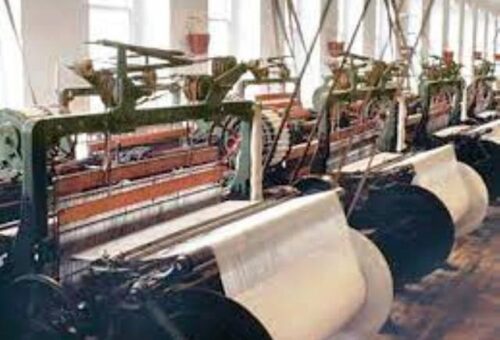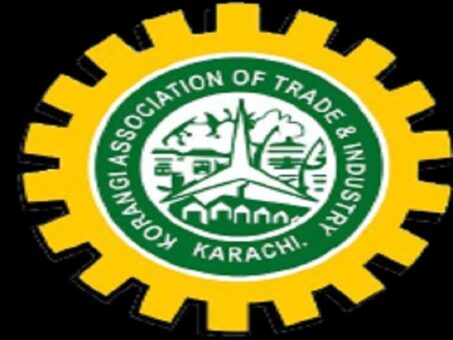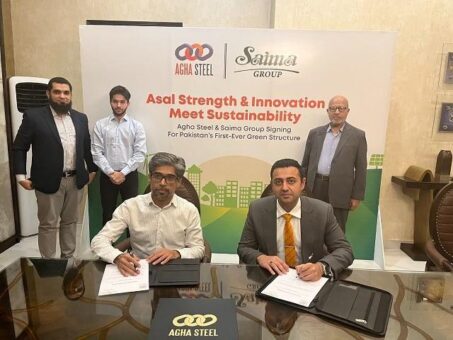KARACHI: SITE Association of Industry (SAI) on Friday strongly rejected the increase in power tariff and prices of petroleum products announced by the government a day earlier.
Abdul Rashid, President, Site Association of Industry, Karachi, while expressing deep concern over the recent increase in base tariff of electricity by Rs7.90 per unit, announced by NEPRA, and sharp increase in petroleum prices, saying that these steps should be taken back immediately in the best interest. Otherwise, the dream of development of the country’s economy will never come true.
READ MORE: Yarn merchants for reducing utility prices to save industry
SAI President said that the business community would not accept the self-imposed decision of NEPRA as raising base electricity tariff without public hearing is a total violation of laws.
He termed the sharp rise in petroleum prices after the hike in electricity tariffs as dangerous for the economy, and said that it would not only lead to a storm of inflation but also cause huge losses to the industries as the production cost of the industries is already high. It has grown to an unbearable level, so the government should refrain from taking such measures as putting the survival of the industry at stake.
READ MORE: KATI demands withdrawal of electricity, petrol price hike
“The government needs to take steps to promote exports of Pakistani products so that the economy and business can flourish and that is possible only when the cost of doing business is reduced by significantly reducing the prices of electricity, gas, petroleum products and water,” he opined.
SAI chief added that raising electricity tariffs was not wise but these crises could be overcome only by focusing on increasing energy production and alternative energy projects.
READ MORE: Pakistan braces for worst food inflation: FPCCI
Abdul Rashid demanded Prime Minister Shehbaz Sharif to issue notification to abolish 17% sales tax on solar energy as per his promise, also explain the HS code for importing raw materials, and the 30% duty on the import of machinery should be abolished immediately so that the production activities can be promoted without any hindrance.





